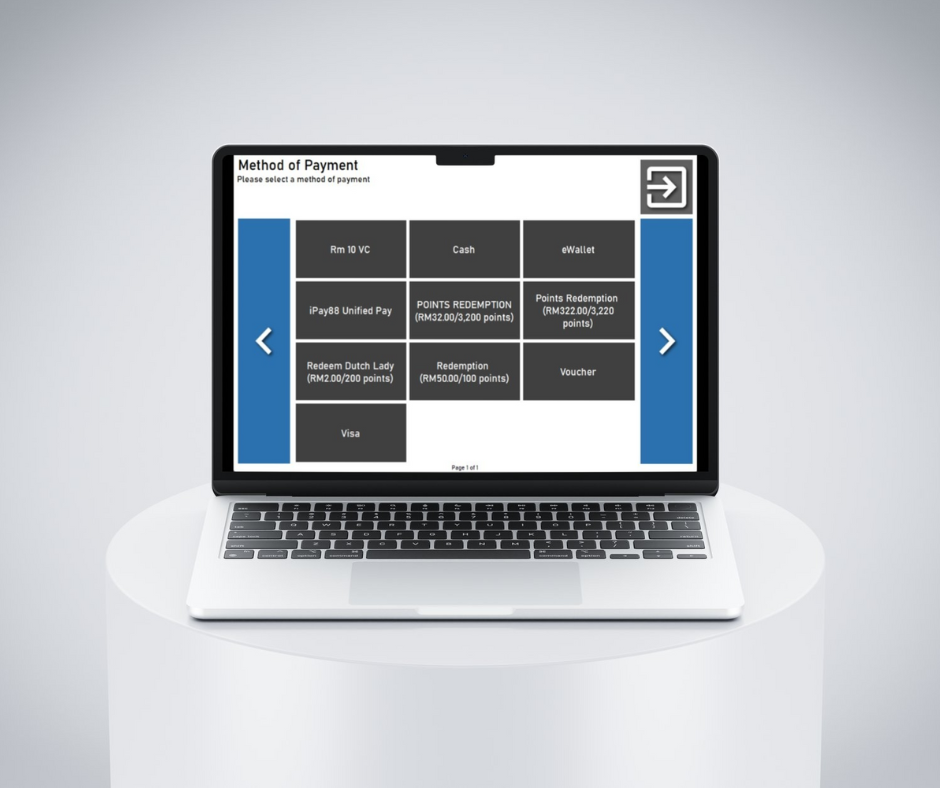In the fast-paced world of the restaurant industry, efficiency and customer satisfaction are paramount. One of the key tools that can help achieve these goals is a robust Point of Sale (POS) system. A restaurant POS system is more than just a cash register; it is a comprehensive solution that integrates various functions to streamline operations, manage inventory, and enhance the overall dining experience for customers.
A restaurant POS system is a combination of hardware and software designed to manage sales transactions and various operational tasks within a restaurant. It typically includes a touchscreen terminal, receipt printer, cash drawer, and sometimes additional peripherals like barcode scanners and kitchen display systems. The software component allows restaurant owners and staff to process orders, track sales, manage inventory, and analyze performance metrics.
Order Management: A POS system allows servers to take orders directly at the table using handheld devices or tablets, reducing errors and speeding up the ordering process. Orders are sent directly to the kitchen, ensuring timely preparation.

Payment Processing: Modern POS systems support various payment methods, including credit and debit cards, mobile payments, and contactless transactions. This flexibility enhances customer convenience and can lead to increased sales.

Inventory Management: A good POS system helps track inventory levels in real-time, alerting managers when stock is low. This feature helps prevent over-ordering and reduces food waste, ultimately saving money.
.png)
Sales Reporting and Analytics: Restaurant owners can access detailed reports on sales trends, peak hours, and customer preferences. This data-driven approach enables informed decision-making and strategic planning.

Customer Relationship Management (CRM): Many POS systems include CRM features that allow restaurants to collect customer data, track preferences, and implement loyalty programs. This information can be used to tailor marketing efforts and improve customer retention.
Employee Management: POS systems often include tools for scheduling, time tracking, and payroll management, simplifying staff management and ensuring compliance with labor laws.
Increased Efficiency: By automating various tasks, a POS system reduces the time staff spend on manual processes, allowing them to focus on providing excellent customer service.
Improved Accuracy: With direct order entry and real-time inventory tracking, the likelihood of errors decreases significantly, leading to fewer mistakes in orders and billing.
Enhanced Customer Experience: Quick and accurate service, along with personalized marketing efforts, can lead to higher customer satisfaction and repeat business.
Better Financial Management: Detailed sales reports and financial analytics provided by a POS system allow restaurant owners to monitor their profitability closely. This insight helps in budgeting, forecasting, and identifying areas for cost reduction.
Streamlined Operations: A POS system integrates various functions, such as order management, inventory control, and employee scheduling, into one platform. This integration simplifies operations and reduces the need for multiple systems, making it easier for staff to manage their tasks efficiently.
Scalability: As a restaurant grows, its operational needs evolve. A modern POS system can scale with the business, accommodating additional locations, menu items, and staff without significant disruptions.
Choosing the Right Restaurant POS System
When selecting a POS system for a restaurant, several factors should be considered:
Conclusion
In conclusion, a restaurant POS system is an invaluable tool that can significantly enhance operational efficiency and customer satisfaction. By automating processes, improving accuracy, and providing valuable insights, a POS system empowers restaurant owners and staff to focus on what truly matters: delivering exceptional dining experiences. As the restaurant industry continues to evolve, investing in a robust POS system is not just a smart choice; it’s a necessity for staying competitive in a crowded market.

 Philippines
Philippines